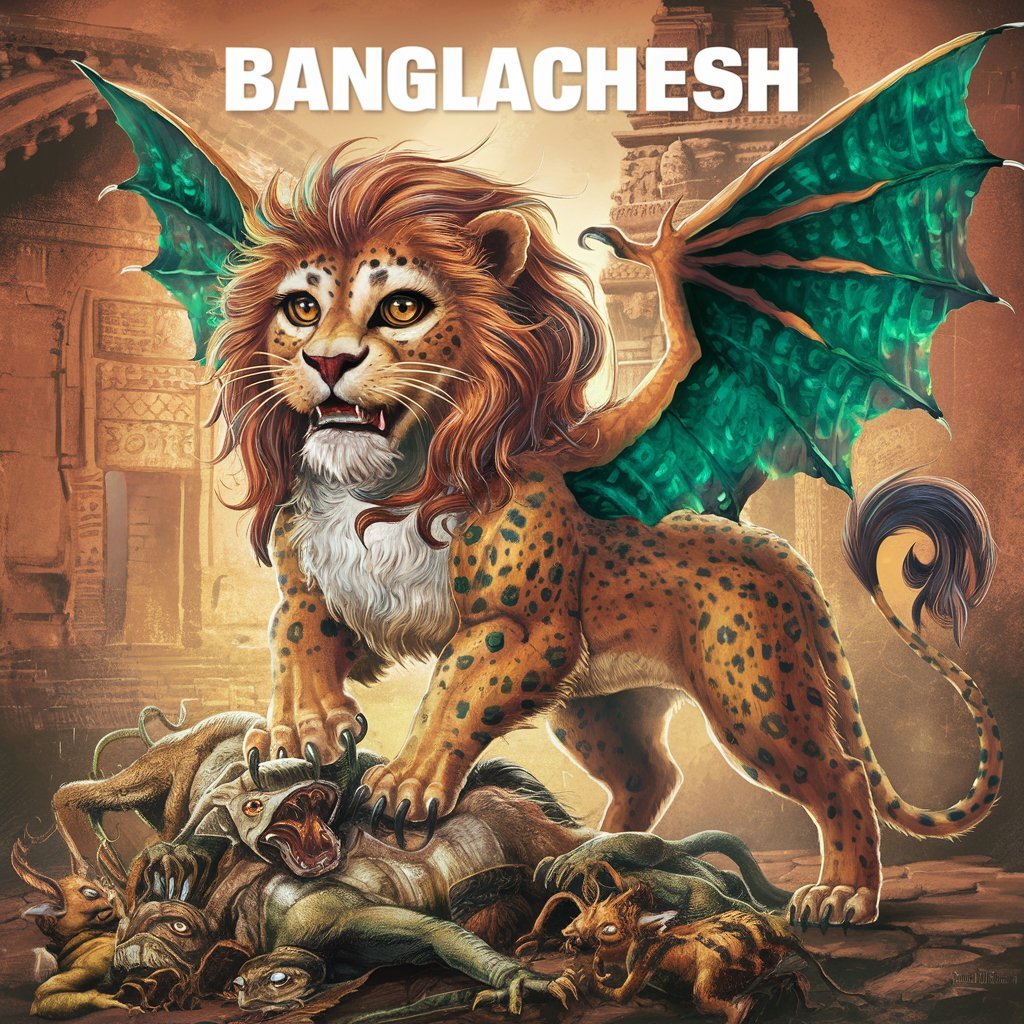Banglachesh: Unraveling the Meaning and Significance

The term Banglachesh appears to be a misspelling or variation of “Bangladesh,” a vibrant South Asian country known for its rich cultural heritage, economic growth, and historical significance. However, the altered spelling raises questions—is it a typographical error, a phonetic interpretation, or does it carry a distinct meaning in certain contexts?
This article explores the possible origins of Banglachesh, its linguistic implications, and how such variations emerge in global communication. Additionally, we’ll examine Bangladesh’s cultural and geopolitical identity to understand why accurate representation matters in international discourse. Whether this term surfaced in casual conversation, digital media, or official documents, analyzing its usage provides insight into language evolution and cross-cultural understanding.
Linguistic Analysis: Is “Banglachesh” a Misspelling or a Regional Variation?
The word Banglachesh likely stems from a phonetic reinterpretation of “Bangladesh,” influenced by pronunciation patterns in different languages. In English, the correct spelling is “Bangladesh,” derived from the Bengali words Bangla (বাংলা), referring to the Bengali language and region, and desh (দেশ), meaning “country.” However, non-native speakers or automated transliteration systems might inadvertently alter the spelling based on auditory perception, leading to variations like Banglachesh.
This phenomenon is common in global communication, where unfamiliar phonetics and script differences cause minor deviations in spelling. Alternatively, in some dialects or informal speech, slight modifications in pronunciation could lead to such variations. Analyzing linguistic databases and search trends could reveal whether Banglachesh appears frequently enough to suggest an emerging alternative form or if it remains an occasional error.
Bangladesh’s Identity: Why Accurate Terminology Matters
Bangladesh, as a sovereign nation with a distinct history and cultural identity, holds significant importance in South Asia. Formed in 1971 after a hard-fought liberation war, the country is celebrated for its linguistic heritage (Bengali being one of the most spoken languages globally), economic resilience, and contributions to arts and literature. Misinterpretations like Banglachesh, while often unintentional, can contribute to a lack of recognition or erasure of the country’s established name and legacy.
In diplomatic, academic, and media contexts, precision in naming conventions ensures respect for national identity and avoids confusion with neighboring regions like West Bengal in India. Furthermore, as Bangladesh continues to grow as a global player in textiles, technology, and climate activism, reinforcing its correct name helps maintain its stature in international relations and cultural exchange.
Common Sources of the Term “Banglachesh” – Typos, Slang, or Something Else?

The appearance of Banglachesh can be attributed to multiple factors, ranging from simple typographical errors to linguistic adaptations. On digital platforms, autocorrect algorithms or hurried typing may replace “Bangladesh” with the incorrect form, especially if the term is not stored in a device’s dictionary.
Additionally, non-native speakers learning English or Bengali might struggle with the correct syllable stress (“Bang-la-desh” vs. “Ban-gla-chesh”), leading to phonetic spelling mistakes. In some cases, Banglachesh could even emerge from machine translation errors when converting between scripts like Bengali to Latin alphabets. Tracking its usage in search engines, forums, or published texts can help determine whether it is a recurring error or an intentional stylistic choice in specific communities.
How to Address and Prevent the Spread of Incorrect Variations
Ensuring the proper use of “Bangladesh” instead of Banglachesh requires awareness and proactive measures. Educational initiatives, particularly in language-learning platforms and global geography courses, can emphasize the correct spelling and pronunciation.
Media outlets and content creators must verify country names before publishing to maintain accuracy in reporting. On a broader scale, promoting Bengali language resources—such as online dictionaries or pronunciation guides—can help non-native speakers grasp the correct form. For those who encounter Banglachesh in official or professional settings, polite correction with an explanation can foster better understanding without causing offense. As globalization increases cross-border communication, attention to such details becomes crucial in fostering mutual respect and clarity.
Conclusion: Embracing Accuracy in a Connected World
While Banglachesh may seem like a minor deviation, it highlights broader themes of linguistic precision and cultural respect in an interconnected world. Bangladesh’s identity, forged through centuries of history and a spirited fight for sovereignty, deserves recognition in its authentic form.
By understanding the origins of such misspellings and taking steps to correct them, we contribute to more accurate and meaningful global dialogue.




